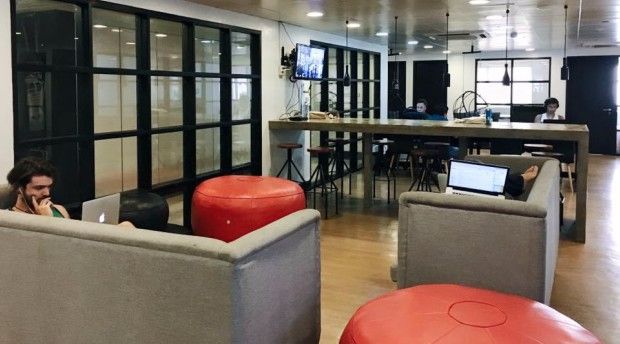Woman Fired After Taking Medical Leave — Did Bosses Violate FMLA?
Post Views 2A woman on both FMLA (Family and Medical Leave Act) leave and sick leave took a trip to Cancun, Mexico, midway through the four-week allotted time for leave. When her employers learned of the trip, the woman was terminated for violating the company’s sick leave policy. She filed a suit, alleging FMLA interference.
The woman was employed by Communications Workers of America (CWA) for about a year when the company issued a new employment manual. One of its additions included a revised Sickness and Absenteeism Policy, which required employees on sick leave to “remain in the immediate vicinity of their home” while on leave. The FMLA section of the policy did not include such a requirement, but did state that an employee’s FMLA leave would run simultaneously with paid sick leave. The revised policy was emailed to employees.
When the woman requested leave for surgery, she was given documents reminding her that FMLA leave and sick leave would be provided at the same time, but nothing regarding the updated policy. The leave was for four weeks, but two weeks after her surgery, the woman and three acquaintances spent a week in Cancun. She did not inform her employers of the excursion, but she did admit to it when questioned in a meeting upon her return. She was fired and responded by suing CWA. The company’s motion for summary judgment was granted by a district court.
On appeal, the plaintiff argued that she was not given “sufficient notice” of the policy regarding travel restrictions during sick leave. She even claimed to have not received the email informing employees of the updated policy, though she was listed as one of the recipients. She was terminated for violating the sick leave policy but was able to sue for an FLMA interference since both forms of leave were taken concurrently, as per company policy.

Another argument on appeal was that the district court ignored spoliation of evidence – intentionally hiding or destroying evidence. She alleges that a CWA employee – who testified in court – learned of her Cancun trip from a union member who worked at an airport and subsequently destroyed a document from said union member. She further claims that the purported spoliation “undermines” the employee’s credibility. Appellate judges disregarded this claim as well, stating that it was able to determine a lack of FMLA interference without any reliance on the employee’s testimony.
The appeals court noted that the woman’s termination “appear[ed] harsh.” However, her FMLA claim didn’t supersede her requirement to follow the company’s sick leave policy. The district court’s ruling was affirmed.
Woman Fired After Taking Medical Leave -- Did Bosses Violate FMLA? by Harrison Barnes



 Fake FMLA Requests Can Be Overcome
Fake FMLA Requests Can Be Overcome  Top Trends in Human Resources
Top Trends in Human Resources  How to Deal with Negative Employees
How to Deal with Negative Employees  Overwhelmed at Work? 7 Simple Strategies to Make Things Better
Overwhelmed at Work? 7 Simple Strategies to Make Things Better  Want to Be a Great Leader? Learn to Listen
Want to Be a Great Leader? Learn to Listen  The 6 Top Benefits Millennials Are Asking For
The 6 Top Benefits Millennials Are Asking For  Telecommuting Doesn’t Work for All Jobs
Telecommuting Doesn’t Work for All Jobs